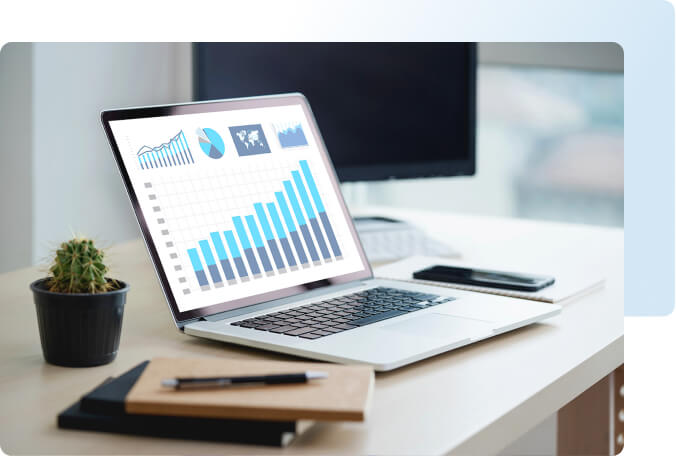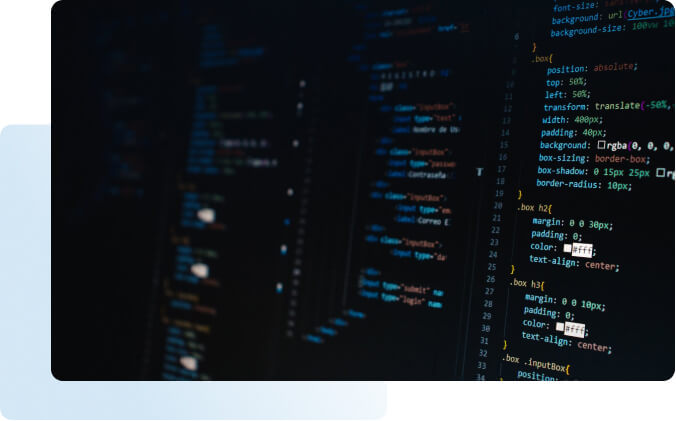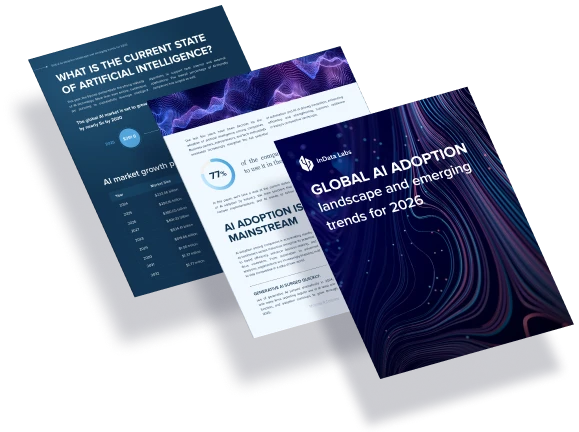InData Labs is a certified AWS Partner
Our Customer Success Stories
-
 AI-Powered Digital Healthcare Platform for Physical Therapy & Home Exercise ManagementRead More
AI-Powered Digital Healthcare Platform for Physical Therapy & Home Exercise ManagementRead More -
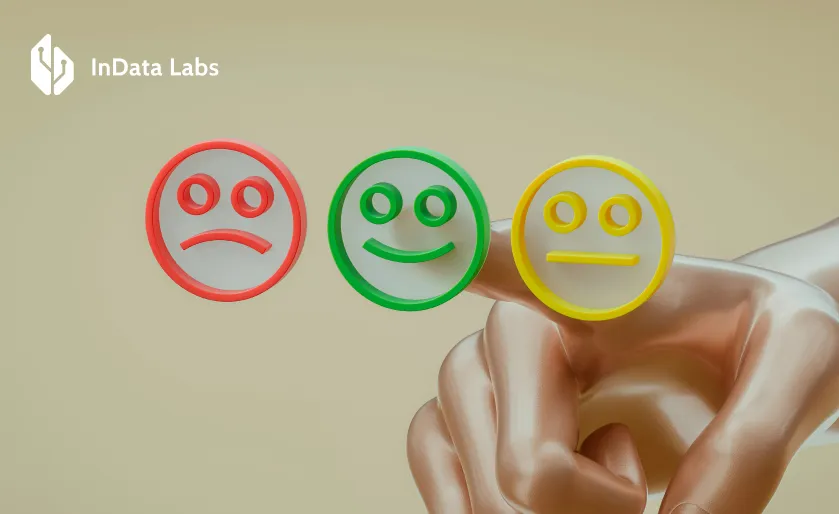 Sentiment Analysis Use Case: Navigating player sentiment in the gaming industryRead More
Sentiment Analysis Use Case: Navigating player sentiment in the gaming industryRead More -
 Enhanced Data Analytics with LLMRead More
Enhanced Data Analytics with LLMRead More -
 AI Consulting: Enhancing Sales Prediction ModelsRead More
AI Consulting: Enhancing Sales Prediction ModelsRead More -
 Aspect-Based Analysis of Employee Survey DataRead More
Aspect-Based Analysis of Employee Survey DataRead More -
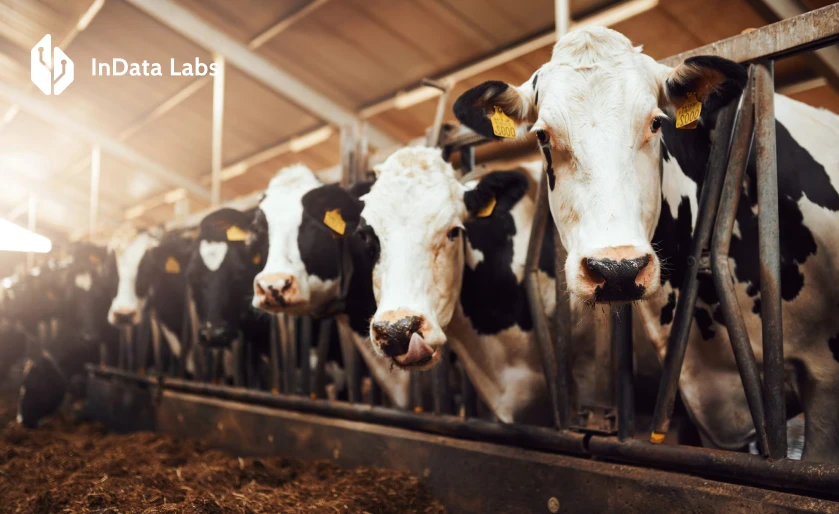 Detection of Aggressive Behaviour of Cattle OperatorsRead More
Detection of Aggressive Behaviour of Cattle OperatorsRead More


